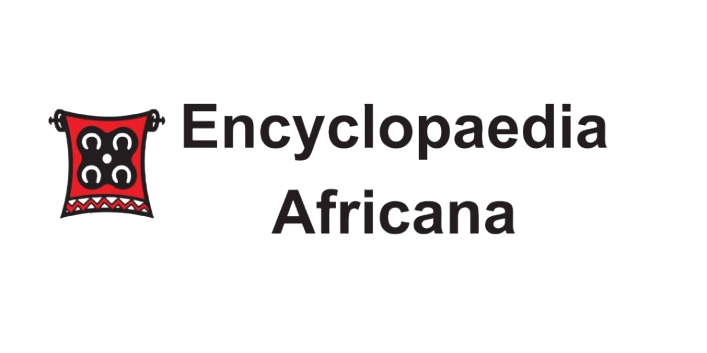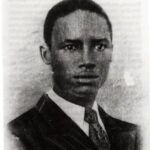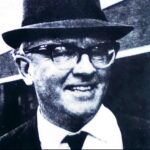BOKARI, ALMAMY KANDEH
- 4 Min Read
Almamy Kandeh Bokari (18-1880s) was ruler of the Soso state of Morea, today divided between the Republic of Guinea and Sierra Leone. He was one of the most powerful political personalities in the northern Sierra Leone area during the latter half of the 19th century.
From the 1850s he figured prominently in political disputes, not only between rival African parties, but also between the British and the French. His activities and alliances show him to have been astute under extremely complicated, fluctuating, and dangerous circumstances.
The Morea country, of which Forecaria was the capital, was situated in the Melacourie river basin. The Melacourie, as well as the Scarcies, and other rivers in the region, being at that time important trade arteries, were scene of intense power conflicts not only between rival African states and claimants to authority, but also between European and African merchants.
In 1865, Alimamy Foday Wise, the ruler of Morea, died, leaving the succession unclear. Bokari and his cousin, Maligi Gbele, vied for the succession. The resulting power struggle threatened to disrupt trade, which displeased French and British interests in the area. Initially, despite Bokari’s hiring of Temne mercenaries to fight in his cause of whom Kebelai, popularly known as Bai Bureh was foremost, Maligi Gbele won, and his position was confirmed by treaty with the French. The French had sent a gunboat to overawe Bokari, and to extract reparation from him for the losses of certain French traders. In return, the French gained from Morea port facilities at Gbinit, on the mouth of the Melacourie. This gave them an advantage over the British trading in the area. (The British also had sent a gunboat in about 1865-66, and Bokari was crowned in their presence).
In 1866, however, Bokari succeeded in having Maligi beheaded, and in making himself ruler of Morea, with authority over Gbinit. The French, in their interests, recognised him immediately, and signed a treaty with him similar to the one they had signed with Maligi.
While the British, based in Freetown, did not like such French predominance, the authorities in London cautioned restraint. In 1869, therefore, Britain also extended recognition to Bokari.
As French influence continued to expand in the region, Bokari appears to have become disenchanted with the French. He then embarked on a policy of playing off one European power against the other, in order to enhance his position. In this he displayed political astuteness, as also did other African leaders, such as Samori Toure, the famous Mandinka warrior at the time.
In 1877, Bokari complained of French pressure on him, and sought British friendship. The governor of Sierra Leone, Sir Samuel Rowe (terms of office 1877-80 and 1885-88), accepted his overtures and visited him. Undeterred, the French continued to press their claims, and occupied Samu, the territory between the Melacourie and Scarcies Rivers, as well as the Island of Matacong, off the coast, in 1879. To counter French claims, Rowe signed a treaty with the Kaloun Baga, however, the British colonial office disavowed the treaty.
Probably partly at French instigation, and partly because of Bokari’s growing political weakness – probably resulting from old age and internal opposition, as well as French harassment – his position was threatened when fighting broke out at Maligia, a town on the Melacourie River upstream from Gbinti, in 1880. Bokari fled southeast into exile in Kambia, on the Great Scarcies River, as his nephew Foday Tarawaly, namesake of the famous Islamic scholar from the same area, who had massive Soso support, took the offensive. Foday Tarawaly also received active backing from the French. Bokari does not appear to have recovered from this setback, and his fortunes thereafter declined.
GUSTAV K. DEVENEAUX




